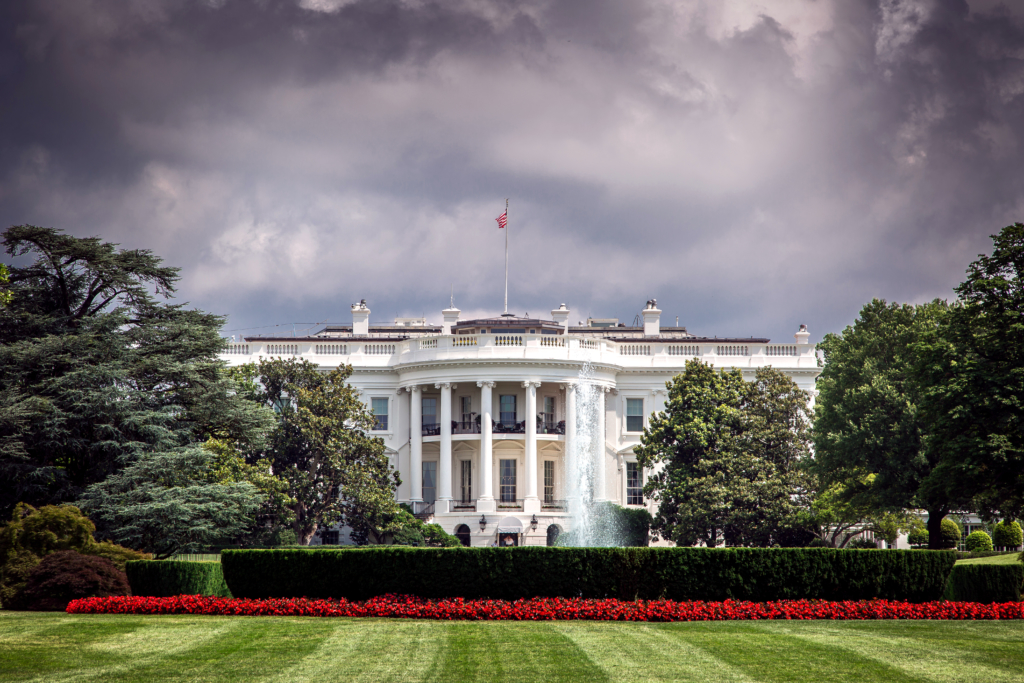By Andy Liu, Jeremiah Centrella, and Andrew Victor
September 28, 2020
On September 22, 2020, President Trump issued an Executive Order (“EO”) titled “Combating Race and Sex Stereotyping” that imposes restrictions on the content of workplace diversity and inclusion trainings provided by federal contractors and grantees. The EO follows the Office of Management and Budget’s September 4, 2020, memorandum to agencies to “cease and desist from using taxpayer dollars to fund these divisive, un-American propaganda training sessions,” and to identify any such agency spending relating to trainings on critical race theory and concepts such as “white privilege.” In short, organizations should be aware that many, if not most, current trainings that focus on anti-bias/anti-racism issues could fall within the EO’s broad prohibition against “divisive concepts.”
For Contractors. For most contractors, the EO directs agencies to insert into contracts a clause prohibiting training “that inculcates in its employees any form of race or sex stereotyping or any form of race or sex scapegoating.” According to the EO, such stereotyping or scapegoating is in training that contains “divisive concepts.” The EO includes an illustrative list of such concepts, such as that “the United States is fundamentally racist or sexist”; that “an individual, by virtue of his or her race or sex, is inherently racist, sexist, or oppressive, whether consciously or unconsciously”; and “any individual should feel discomfort, guilt, anguish, or any other form of psychological distress on account of his or her race or sex.”
Prime contractors must also flow down the clause to subcontractors and take other actions, such as notifying their unions of the restrictions. The EO directs the Office of Federal Contract Compliance Programs (OFCCP) to set up a hotline for complaints and provides that agencies can terminate or debar contractors for noncompliance.
The prohibition is not limited to training provided under or paid for by federal contract.
For Grantees. The EO directs agencies to identify which of its grant programs it may require grantees, as a condition of receiving a grant, to certify that they will not use federal funds to “promote divisive concepts.” While the EO outlines “divisive concepts,” as noted above, it does not define “promote.” As phrased, “promote” is broad and encompasses a variety of conduct, not just providing training. The EO requires agency heads to submit a list of all such grant programs to the Office of Management and Budget (OMB) by November 21, 2020.
The Upshot. Parties are sure to challenge the EO in court as unconstitutional or in conflict with existing civil rights laws. Further, this year’s elections could impact the EO; if there is a change in administration, the EO may be rescinded or otherwise modified.
In the interim, organizations should review their training programs. While the EO does not instruct organizations to cease providing diversity training, the broadly defined terms of “divisive concepts” signals potential scrutiny of diversity training upon which some organizations place a high value.
Grantees should also bear in mind that they can use non-federal funds for training. Yet, the EO’s use of the undefined term “promotion” carries some risk. For example, if a grantee’s staff, indirectly funded by a federal grant, contributes to running a training that contains “divisive concepts,” this may be viewed as “promoting” them.
Nichols Liu has extensive experience with the implementation of new regulations, with providing diversity and inclusion training, and is ready to assist contractors and grantees develop strategies to be compliant while also considering the range of imminent developments.
